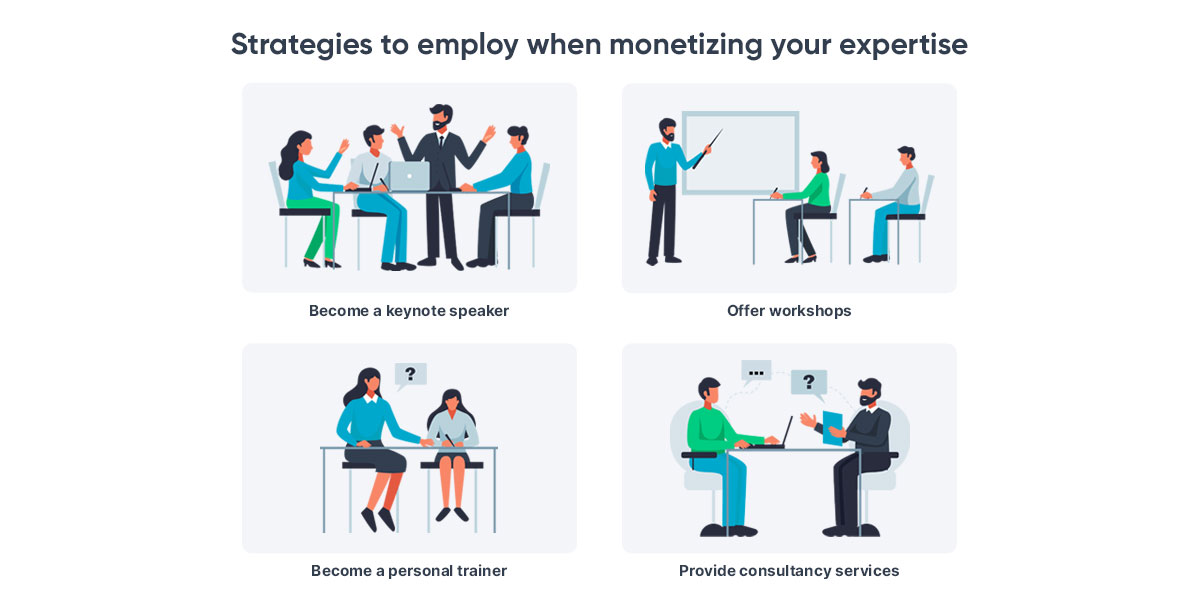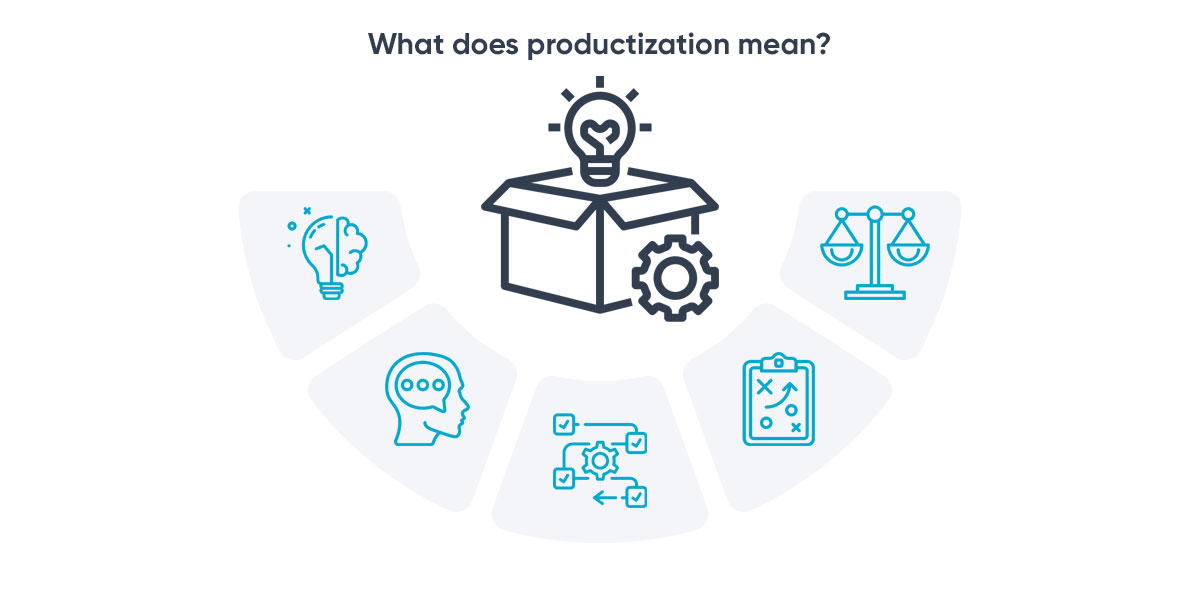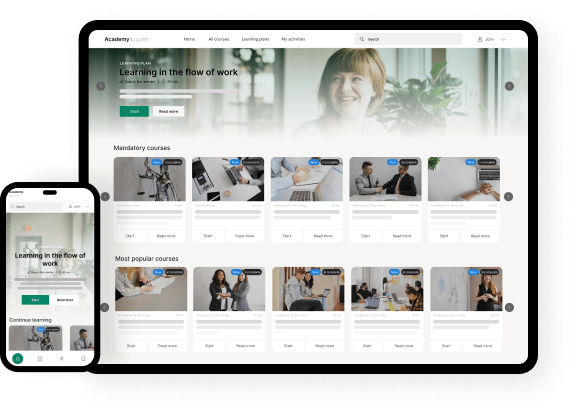You’re an expert in your field for no other reason—there’s value in your expertise. But if you really want to offer more to the world and profit at the same time, you can monetize your knowledge. The process might be simpler than you think.
When we say simple, we’re not exaggerating. You can start monetizing your knowledge by following three simple steps. So, stay in this blog post to learn how you can make money with your expertise and build your expert business.
What does it mean to monetize your knowledge?
When you monetize on your expert knowledge, you practically exchange your knowledge for money. In its simplest form, monetization means to capitalize on your acquired industry expertise by selling it to a specific audience. In return, making your knowledge available in the market let you protect your intellectual property.
There are various strategies to employ when monetizing your expertise. The most traditional ones include:
- Becoming a keynote speaker
- Offering workshops
- Being a personal trainer
- Providing consultancy services
While these approaches are proven effective and profitable, turning your knowledge into a product can be more cost-effective and sustainable. Let’s explore why a productized service is better than a traditional one.

What is productization?
Productizing your knowledge means packing your ideas, thoughts, methods, strategies, processes, and principles into an off-the-shelf product, making it easily marketable.

One way to do that could be to package your expertise in bites and offer it through an online academy like ours, which is built on top of our powerful and versatile learning management system (LMS).
To understand why this would be a good solution, we should look at the rising e-learning market.
By 2025, the global e-learning market is poised to reach approximately $325 billion. Investing in an e-learning product will, therefore, not only let you indulge in this popular and in-demand trend. It could also be a lucrative business venture if you plan to create a successful expert business.
Running a service business can be quite costly and resource-demanding – especially if you want to scale along the way.
Our white-label online academy lets you multiply your efforts by configuring a fully automated and repeatable business model that can generate a predictable and reliable revenue stream each month.
You can even expand your number of customers without drastically increasing your operational expenses, allowing for easy scaling.
How to monetize your expertise by productizing your knowledge
Now, what should you do to productize your knowledge and start an expert business?
Like any successful business venture, it’s about executing the right plan. So, here’s a step-by-step guide to monetizing your expertise through productization:
Step 1: Define your problem statement
Remember that every startup idea begins with a good problem statement.
When productizing your knowledge, it’s important to write a well-thought-out problem statement. Be sure to always define the problem you want to solve to build a good case around the solution you want to offer.
Let’s say your expertise lies within diversity, equity, and inclusion. In that case, a sample problem statement can look like this:
The problem of organizational actions, programs, and procedures not increasing the representation and inclusion of people across different groups affect employees across all departments and creates a negative working environment.
The impact of this could among other things lead to a deteriorated brand performance and increased employee turnover. A successful solution would be to educate and help organizations optimize, implement, and execute their local strategies within this field.
Of course, this can be done through lectures, mentorship, and coaching. However, these services are both time-consuming and uneconomical for organizations to repeat every time they hire someone new.
By productizing your knowledge and providing your expertise as e-learning, you can provide a more economical and accessible learning option for organizations. With our online academy, all learning content is, for example, accessed using a single sign-on or directly in Microsoft Teams through any digital device.
You can still expound on this value proposition by specifying your product’s format and details. Nonetheless, following the first two steps will enable you to pin down the essential elements of your business project, namely your audience, their problem, their needs, and your solution.
Step 2: Choose the most appropriate content creation process
Once you have your problem statement down it’s time to get to business and produce some content.
Maybe you’re ready to put your knowledge down on (electronic) paper. Maybe you’d rather get outside help. However you choose to face the content creation process, you need to consider these three main factors:
Budget
As with most things in life, money usually has a say. If you want or need outside help to create content, we suggest you check your budget first.
Outsourcing your content creation to external content creators as opposed to doing all content creation in-house can be a costly affair.
Managing your deliverables in-house isn’t as heavy on your budget as seeking outside help and, in most cases, it also leaves you with a faster turnaround time.
Sometimes buying ready-made courses can be the golden means.
Human resources
Managing a content development project, in the long run, requires certain skills.
If you, your co-workers, or employees don’t have these skills, seeking outside help from third-party content creators might be the best way.
External partners can often be hired for longer time periods but usually, they also agree to shorter periods or specific projects.
You can of course also opt for in-house training to gain some technically skilled in-house content experts. This investment is good in the long term but is of course costly and it can take you longer to carry out your plan.
Whatever you decide on, having the right skills is pivotal to your e-learning content success.
Dynamics
Companies abide by certain business dynamics or operational standards. And you, too, might have certain standards to apply to your content development process.
However, your business dynamics can change when dealing with external partners. Unlike building content in-house, you don’t have absolute control over the administrative processes if you hire a third-party e-learning content developer.
So, if you prefer to be involved in all aspects of your deliverables, keeping the creation inside your company might be the best fit. Otherwise, if you can forgo complete control of your e-learning project, you can outsource the creation process or buy off-the-shelf courses.
Step 3: Find the best distribution channel
Here’s the crucial part of monetizing your expertise by productizing your know-how: finding the right way to distribute your knowledge.
As you might have guessed by now, we’re advocating the use of an e-learning platform such as our online academy. Our reason is simple, we offer an academy that is:
- Intuitive
- Remotely accessible
- Reliable and consistent
- Adaptable to the changing e-learning landscape
So, if monetizing your expertise with our academy solution is something you’d be interested in, we’re here to assist you. Get a free demo today and we’ll find a way to put your online business on the map.


